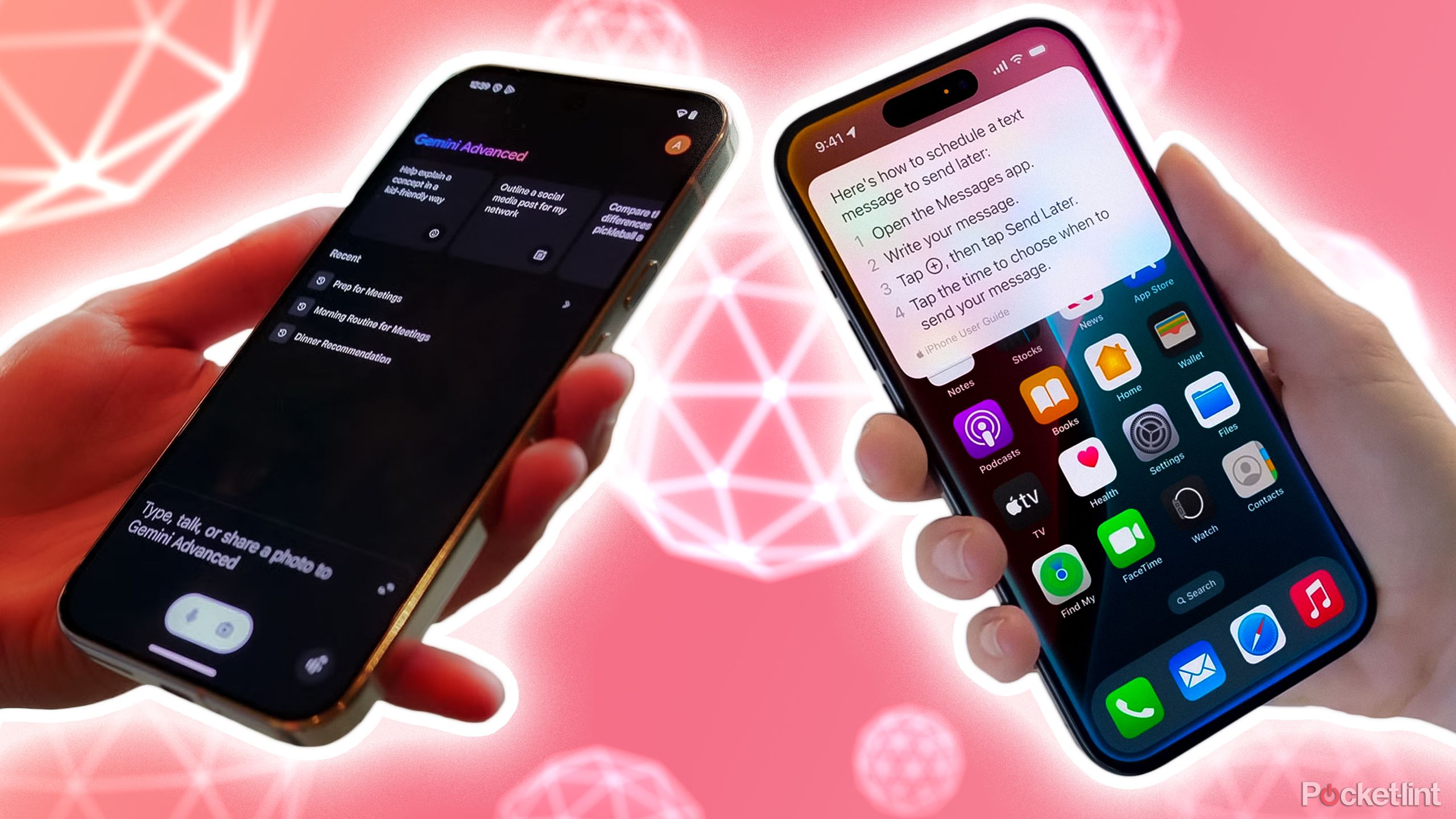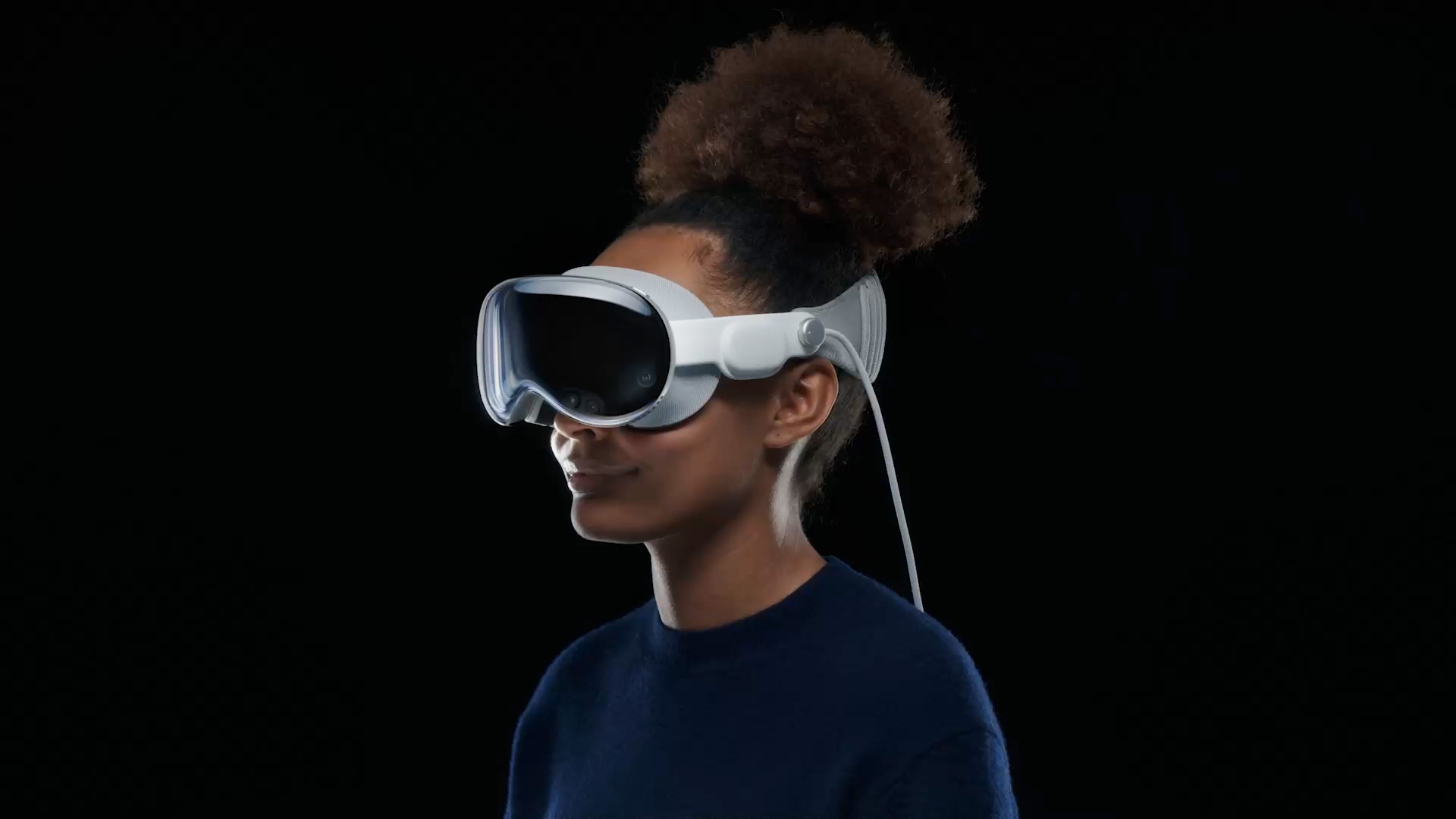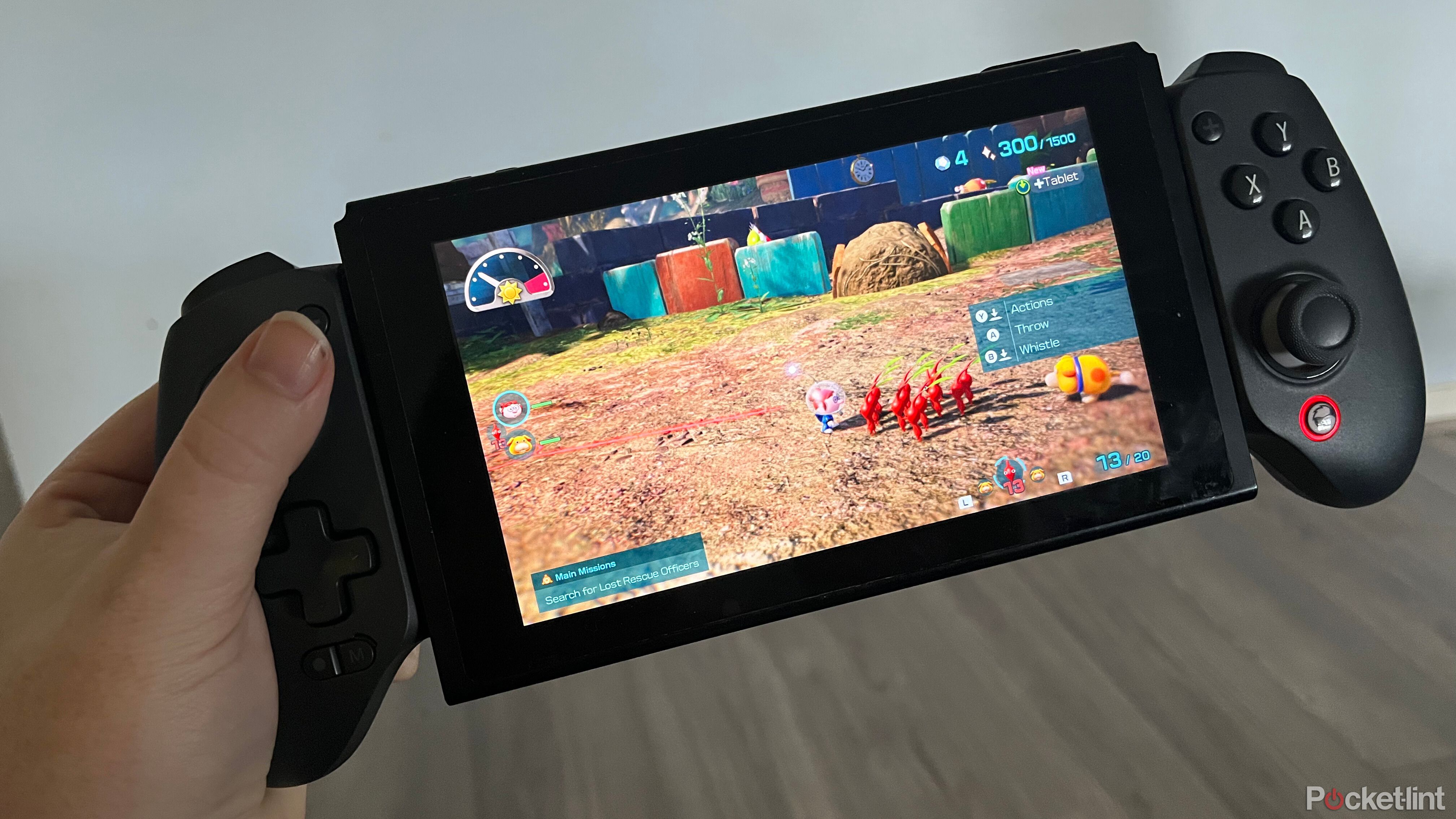Siri is being left behind – and Apple knows it
Earlier this year, the New York Times ran a story explaining how Apple had “lost the AI race” to the likes of OpenAI and Microsoft – and a new report from The Information digs deeper into the stagnation of Siri, the company’s once-groundbreaking virtual assistant.
Where the NYT sought to expose Siri’s technological shortcomings – the software is supposedly built on a “clunky” database that takes “weeks” to be updated with “basic features” – The Information’s report takes aim at the ongoing personnel issues facing Siri’s development.
According to “more than three dozen former Apple employees who worked in its AI and machine learning groups,” Apple’s attempts to improve Siri have been hampered by “organizational dysfunction and a lack of ambition,” with the software now “widely derided” by many still working at the company.
Per The Information, developers working on the Apple VR headset reportedly became so frustrated with Siri that they considered “building alternative methods” for controlling the headset with voice technology. Yikes.
Apple launched Siri with the iPhone 4S in October 2011 (Image credit: Shutterstock / Tada Images)
So, why is there so much chaos surrounding Siri? By the sounds of things, the answer is two-fold. On the one hand, Apple has struggled to keep hold of employees crucial to the program’s development – or more specifically, it’s lost those individuals to Google.
The Information reports that the likes of Srinivasan Venkatachary, Steven Baker and Anand Shukla were lured away from Apple to Google; owing to the latter’s supposedly greater understanding of – or, at least, willingness to embrace – large language models (LLMs). Apple CEO Tim Cook allegedly “tried to persuade [these individuals] to stay” at the company, but Google CEO Sundar Pichai is said to have personally wooed them away.
The other problem – which plays into the above – is Apple’s supposed reluctance to take risks with AI and Siri. The Information reports that “top executives” at Apple are worried about seeing the company’s software make headline-worthy gaffes – of the sort we’ve seen from ChatGPT and Bard in recent months – since Apple is known for having a watertight public image.
What’s next for Siri?
(Image credit: Unsplash [Omid Armin])
As for where these revelations leave Siri, it’s clear that Apple isn’t expecting to revolutionize its virtual assistant any time soon.
Instead, while the likes of Google and Microsoft pile billions into chatbot development, Apple seems set to remain focused on delivering actual, physical products that trump the competition – a strategy which has proven staggeringly lucrative over the years.
That’s not to say Siri is being left to completely fall by the wayside. iOS 17 is expected to bring a handful of improvements to Apple’s virtual assistant, with the upcoming update rumored to shift Siri’s on-screen interface away from the bottom of your iPhone’s screen and up into the Dynamic Island, on compatible devices.
Additionally, Bloomberg’s Mark Gurman reports that users may soon only need to say “Siri” instead of “Hey Siri” when activating the personal assistant. This would bring Apple’s assistant in line with Amazon’s Alexa, which has only required users to say “Alexa” since its launch in 2014. Tellingly, however, Gurman also notes that getting Siri to function correctly without the “Hey” has been a “technical challenge” requiring “a significant amount of AI training and underlying engineering work.”
Clearly, then, Apple’s failure to invest in AI development is already coming back to bite it. But until the likes of ChatGPT and Bard become irreplaceable mainstream tools, there’s little reason to think that Siri – as bad as it is right now – will impact Apple’s continued dominance in the technology space. Alternatively, of course, you can just choose to bolster your Siri with ChatGPT for the best of both worlds.




